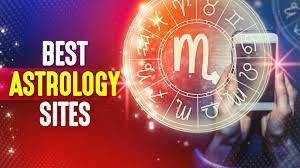Astrology, an ancient practice woven into the fabric of human history, continues to captivate minds and hearts across cultures and generations. This celestial art, often regarded as both a science and a belief system, explores the influence of celestial bodies on earthly affairs and individual lives. Despite the debate surrounding its scientific validity, love and relationship astrology reading persists as a source of guidance, introspection, and a lens through which to perceive the world.
Origins and Foundations
The origins of astrology trace back thousands of years to civilizations such as the Mesopotamians, Egyptians, and ancient Greeks. The fundamental premise involves the belief that the positioning and movements of celestial entities—planets, stars, and the moon—can impact human affairs and personality traits.
The zodiac, divided into twelve signs, forms astrology’s cornerstone. Each sign represents distinct characteristics and is associated with specific celestial bodies, imparting unique attributes to individuals born under them. The alignment of planets and their relationships in the zodiac at the time of a person’s birth forms the basis for constructing a natal chart or horoscope, offering insights into their personality, strengths, weaknesses, and potential life paths.
Astrology’s Contemporary Significance
Despite the advancements in science and technology, astrology endures as a means of self-reflection and guidance. Many turn to astrology for personal insight, seeking to understand themselves and their relationships better, or to navigate life’s uncertainties.



